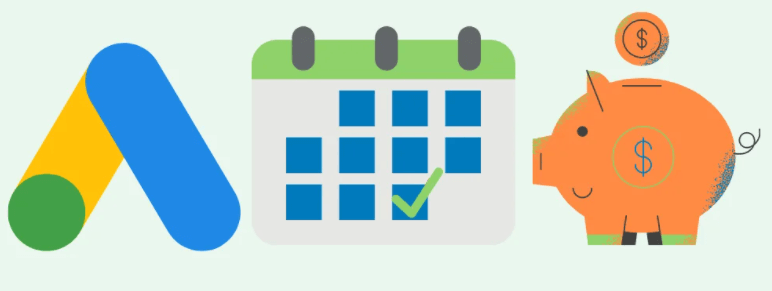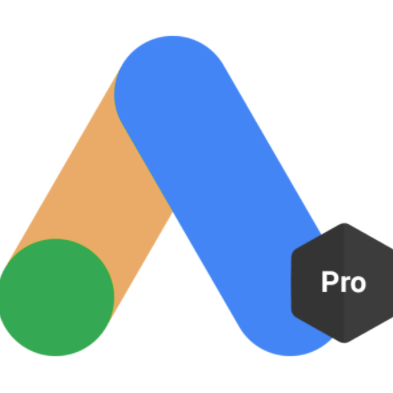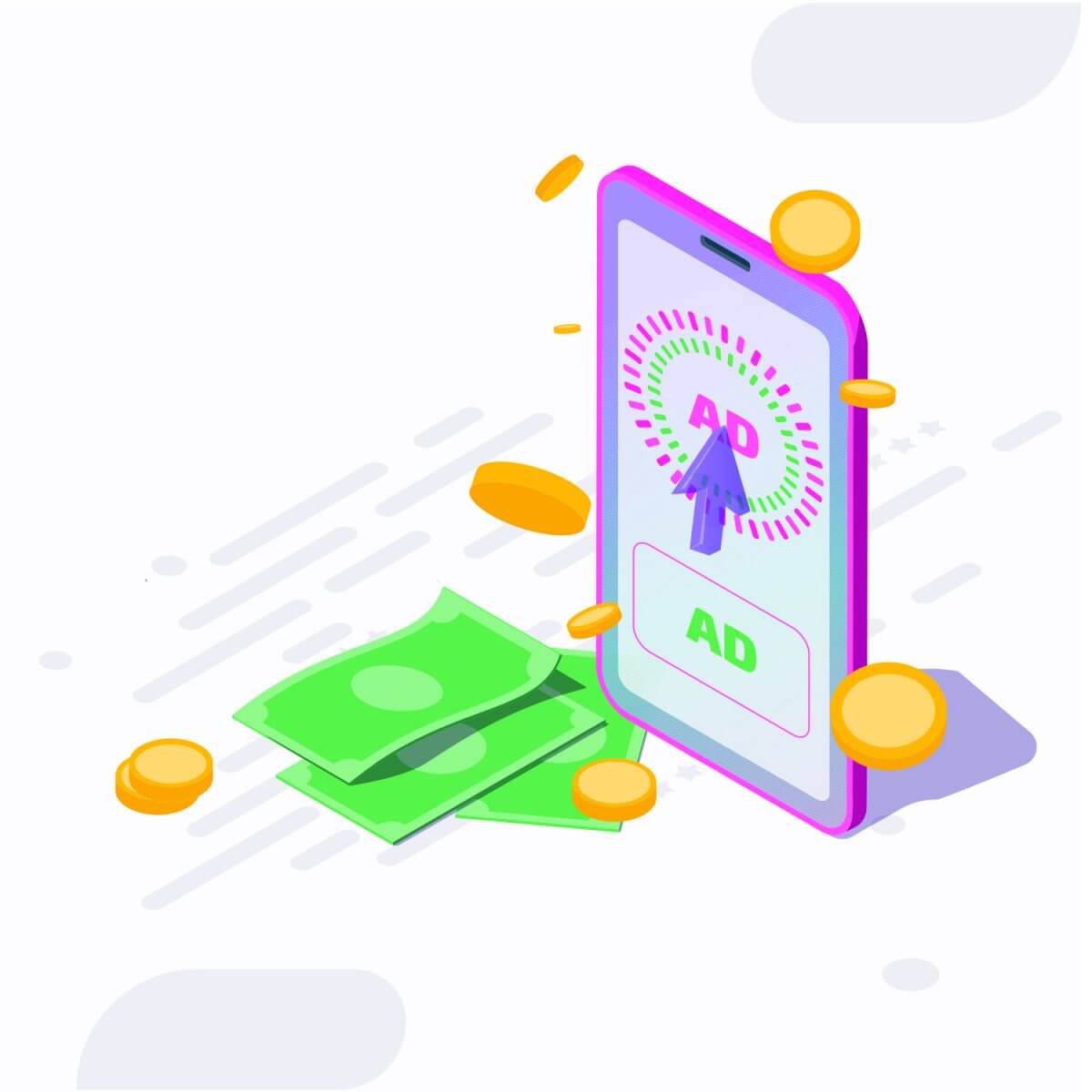Is this straight forward?
If you’re a small business owner launching your first Google AdWords program, one of the most difficult questions is probably around budget. If you’ve never run a PPC program before, it can be a difficult question to address.
In this post, we provide topics all small businesses should consider in answering this question. If you have other questions about setting your budget, please ask us directly. On to it.
What You Need to Know Before Spending
The first understanding that needs to happen for small businesses is that other companies spending more have a huge leg up. For example, some of our clients spending hundreds of thousands of dollars per month are able to split their performance by ZIP code, income levels, age, gender, custom audiences, and so much more. They also make educated, statistically significant decisions on that spend.
Put another way, let’s say you’re spending $5,000. Seems like a lot, right? Divide that by 50 states, you’re now spending $100 per state. Divide that by gender, you’re now only spending $50 per gender per state. I can’t make proper, educated decisions on $50 of spend. That’s why you need to start focused, which I’ll get into shortly.
You also have to be cognizant of your budget vs. the time to test. Let’s say you’re willing to set a monthly budget of $500. If you run things this way for a year, you’ll spend a total of $6,000.
But what if you took that annual $6,000 you would be spending over 12 months, and spent it in four? For all intents and purposes, you’d be spending the same amount, just in a smaller chunk of time. Why would we do this?
- You’d save 8 months of time to evaluate the viability of the channel for you.
- We’d get more statistically significant data in the door to make better decisions more quickly (see the “PPC is Reactionary” section below).
- The adjustment period is much shorter.
- More purchasing power allows us to get you in better converting, prime positions for your core keywords.

The “learning” period
There is no such thing as dipping your toes into Adwords and seeing how it does. This will just lead you to waste money in smaller amounts. If you put $10 into the Google Ads machine, expect that $10 goes to waste. The typical “learning” period for new Adwords accounts is 1 month. See the screenshot below of the learning period for one of our newer accounts.
See how in the first month the results were horrible? Then in the second month, the results improved? That is because Google Adwords is a reactive marketing channel. Anyone who manages a new AdWords campaign will need at least a month to see what keywords convert the best. Which landing page variation converts the best.
What geolocation converts the best. You can do as much research as you want but you won’t really know how each of these factors will do until you actually spend the money and get real visitors clicking your ads. Once you make these adjustments and eliminate the wasted spend, the sky is the limit.
This is often the reason why many small business owners fail at using Google Adwords. They don’t see results within the first month and they fire the PPC manager/agency. Google Adwords requires you to be fully committed and have a patient mentality. If you can set a reasonable budget, set realistic expectations, then we are sure you can succeed after a 2 month testing period.
Choosing the Right Keywords & Targeting
If you’re a small business selling home space heaters and you’re going up against Home Depot, the NY Times, and Amazon — yikes. If this is the case then I start looking at longer tail keywords, or keywords with less searches that maybe these big businesses have overlooked.
Think about your business critically:
- Is there demand for my product or service or is this something completely new?
- Paid Search is a ‘demand harvesting’ channel, meaning we’re capturing demand that already exists. If you need demand generation, it would be best to start with a channel like Paid Social.
- What are people searching for that are looking for my product or service?
- Put yourself in the mind of your customer, what would you search for in Google if you were looking for YOUR product or service?
- Is my product or service something that big retailers already have coverage for or do the searches fit a unique niche?
- For example, if you sell merino wool socks, you don’t want to start by bidding on “men’s socks” because you’ll be competing with everyone and their mother. But “high end warm merino wool socks” might be a better place to start as a small business.
- Do I have a high enough average order value to justify Google Ads spend?
- It’s tough if you’re selling a product under $15-$20. If it costs let’s say $1.50 per click, that means you’ll need to convert 1/10 customers that visits your website immediately. That’s a tough ask when the average customer visits a website 2-3x before purchasing.

Should I have a small monthly budget or a large quarterly budget?
Let’s just say that you’re willing to spend $250 per month for Google Adwords. If you run the campaign for a whole year, you will spend $3000. Did that small monthly budget really pay off as much as it could have? Was it worth spending a whole year on this project?
What if you took that $3000 you budgeted for the whole year and spent it in 3 months instead? For all intents and purposes, you are spending the same amount just in a smaller chunk of time. How would that be in your best interest?
For one, you would save 9 months’ worth of time. Rather than wasting a year on PPC strategy that didn’t work, you only spend 3 months and come to the same conclusion. Spending money quicker allows your PPC manager to make adjustments more quickly, reducing the “learning period.” If you drag it out, your “learning” period could be 6 months instead of 1 month.
Google Adwords like many other platform is all about data. By spending the same amount over 3 months that you would’ve over a year, your monthly budget more than doubles. It varies by industry, but some of the competitive keywords could cost as much as $10/click. With a $250 monthly budget ($8.33/day) to bid on you may not even be competitive enough to get any clicks that month or if you do get clicks, it will be in a less competitive timeframe or less likely to convert traffic.

Start Focused, Then Broaden Out
To fight in that same ring as your competitors, you need to be much more strategic and consolidate budget wherever you can. For example, I’ve always said that if you’re a high-end jump rope company and you can’t convert customers on the keyword “high end jump ropes”, there’s a problem. You get the point — normally there’s a couple key terms that absolutely define what you’re selling. Start there.
If that keyword or tight theme of keywords is still too much spend, pick your best performing geographic areas, times of the day, days of the week, genders, etc. Start as focused as possible and broaden out once you prove success. This allows you to prove the concept in Google Ads being a fit for you before you burn too much money.
To commit or not to commit
Don’t let yourself suffer from analysis paralysis. What’s important is to get started with your AdWords program and learn as much as you can about your market and your online marketing efforts.
If you need help your business AdWords, we offer services specifically designed for small businesses and entrepreneurs. If you prefer to have someone launch and/or manage your program for you, please don’t hesitate to reach out.
